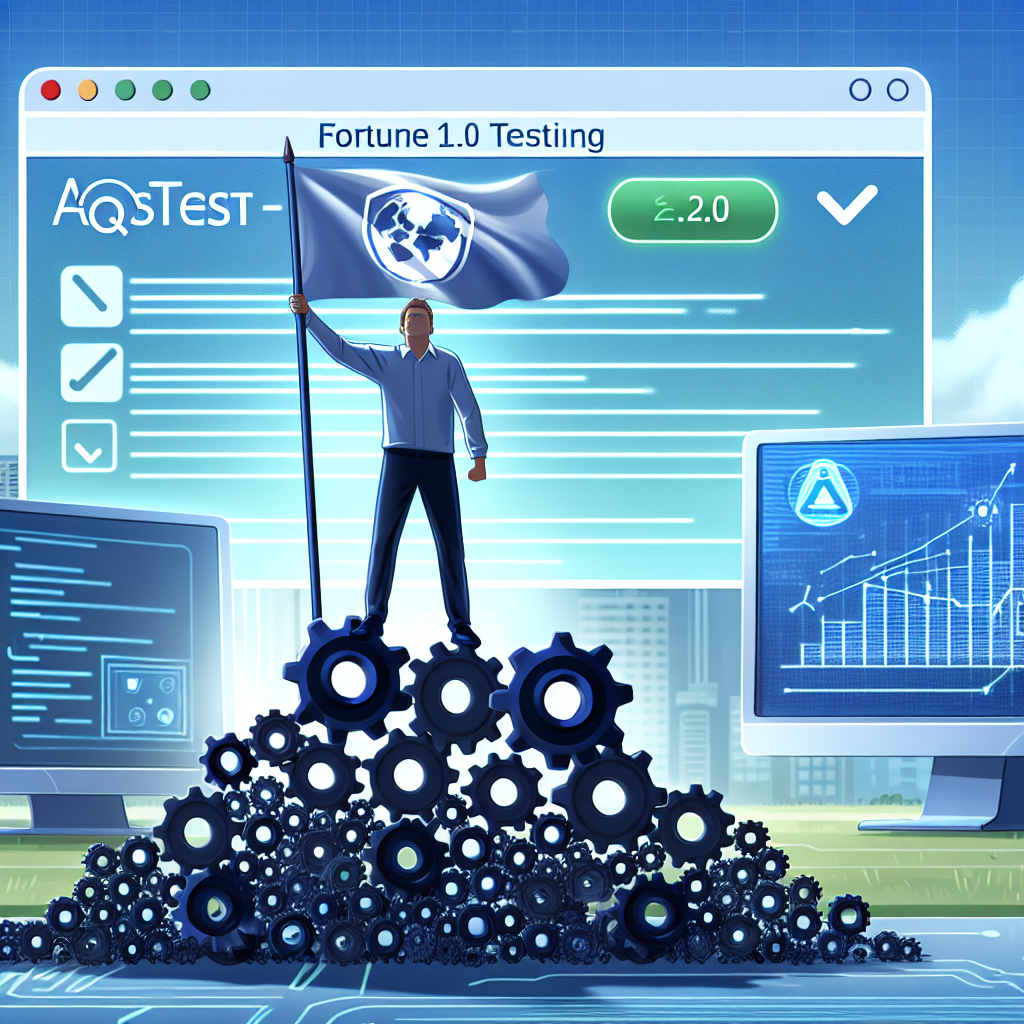
TestGrid, a leader in testing SaaS, has made waves in the software testing arena by launching CoTester™ 2.0, an innovative AI testing agent crafted specifically to resolve the common failures encountered with early AI testing tools. This release, announced on September 4, 2025, marks a significant advance in automated testing capabilities, particularly for large enterprises.
In a landscape where many first-generation AI-driven platforms fall notably short, CoTester 2.0 promises to redefine expectations. The typical shortcomings of these platforms include brittle automation, limited test coverage, and an untenably high requirement for maintenance, which often results in elongated release cycles and unreliable test suites. TestGrid directly addresses these challenges with CoTester™ 2.0, which utilizes a multimodal Vision-Language Agent (VLM) to interpret applications as a human tester would, merging visuals, text, and layout for intelligent automation.
What sets CoTester apart is its avant-garde combination of natural language understanding, low-code customization, and full-code flexibility. This unified platform empowers enterprises to maintain control while enabling automation through well-defined guardrails. CoTester guarantees that critical checkpoints validate its processes and that actions are not executed without human approval. This structure ensures that AI enhances productivity without overshadowing human decision-making, allowing seamless collaboration between human users and the technology.
In addressing the nuances of debugging, CoTester provides detailed execution logs, relevant screenshots, and clarity on root causes, drastically improving the speed and reliability of issue triage. The blend of adaptive AI with robotic test automation (RTA) that lies at the heart of CoTester signifies a transformative approach: it allows for intelligent test design that adapts dynamically to changes within applications, all while executing with robotic precision.
The capabilities of CoTester are robust and multifaceted. It caters to a wide array of testing needs, seamlessly managing UI, API, and non-UI testing without compromise. Customizable execution parameters give teams control over how and when tests are run, and users can leverage their own test data from a variety of internal sources. Importantly, TestGrid provides actionable insights instead of mere pass/fail outcomes, expediting issue resolution processes and triage.
Additionally, the hybrid execution modes available in CoTester—including prompt-driven, record-and-play, NLP low-code, or full-code—ensure flexibility for diverse user needs, from business analysts to seasoned automation engineers. Security remains paramount, as CoTester incorporates enterprise-grade protection featuring full encryption and role-based access controls, ensuring no vendor lock-in and compatibility across various environments including web, mobile, cloud, and on-premise.
Equifax’s SVP of Technology, Balaji Mudduluri, highlighted the value of CoTester, stating, “As systems grow and teams expand, staying coordinated becomes harder than writing the tests themselves. CoTester introduces a level of structure that makes it easier to keep automation reliable over time.” This reflects a broader truth in software development; as teams scale, collaboration, and effective management become critical to maintaining quality.
Early adopters of CoTester 2.0 have reported extraordinary improvements in their testing processes. Notably, companies leveraging the platform experience regression cycles that are up to 80% faster, a staggering over 90% reduction in the time taken to create and maintain tests, and threefold improvement in detecting issues during critical workflows such as login and checkout.
With the backing of top Fortune 100 companies already utilizing TestGrid’s extraordinary platform, CoTester 2.0 represents a major step forward in leveraging AI technology to enhance software testing efficiency. The potential ramifications for enterprises seeking to streamline their testing efforts, reduce costs, and accelerate release cycles are profound.

Leave a Reply